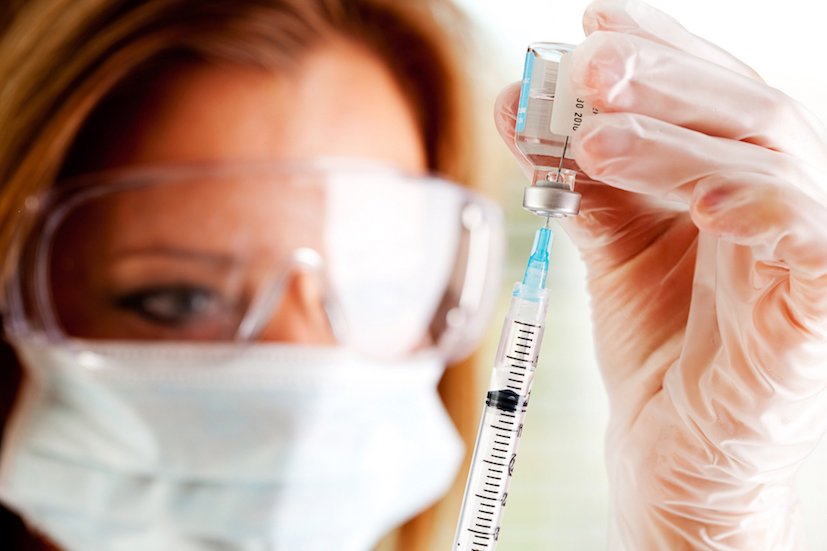IISc reports synthetic antigen design to be manufactured as potential COVID-19 vaccine candidate
January 11, 2024 | Thursday | News
RS2 antigen can be stored at room temperature for a month without the need for cold storage
image credit- shutterstock
Since the beginning of the COVID-19 pandemic, Raghavan Varadarajan, Professor at the Molecular Biophysics Unit (MBU), Indian Institute of Science (IISc), Bengaluru and collaborators have been working on developing a heat-tolerant vaccine that can offer protection against different strains of SARS-CoV-2 – both current and future variants.
In a recent study published in npj Vaccines, they report the design of a synthetic antigen that can be manufactured as a potential COVID-19 vaccine candidate. They show that their vaccine candidate is effective against all current strains of SARS-CoV-2 and can be quickly adapted for future variants as well.
While current vaccines are proven to be effective against most SARS-CoV-2 strains, their efficacy has declined due to the virus’ rapid mutation. After analysing various proteins found in the virus, the researchers selected two parts of SARS-CoV-2’s spike protein – the S2 subunit and the Receptor Binding Domain (RBD) – for designing their vaccine candidate. The S2 subunit is highly conserved – it mutates much less than the S1 subunit, which is the target of most current vaccines. Scientists have also known that the RBD can provoke a strong immune response in the host. Therefore, the team created a hybrid protein called RS2 by combining these two components.
Since 2000, Prof Varadarajan’s team has been working on designing several viral vaccines, including those against AIDS and influenza. They have leveraged this expertise to design their current RS2-based COVID-19 vaccine candidate in collaboration with the startup Mynvax, that was, until recently, incubated at IISc.
According to the team, the vaccine candidate can be tailored to incorporate the RBD region of any new variant of SARS-CoV-2 that might emerge. Its high levels of expression and stability at room temperature can greatly reduce production and distribution costs, making it well suited for combating COVID-19.









